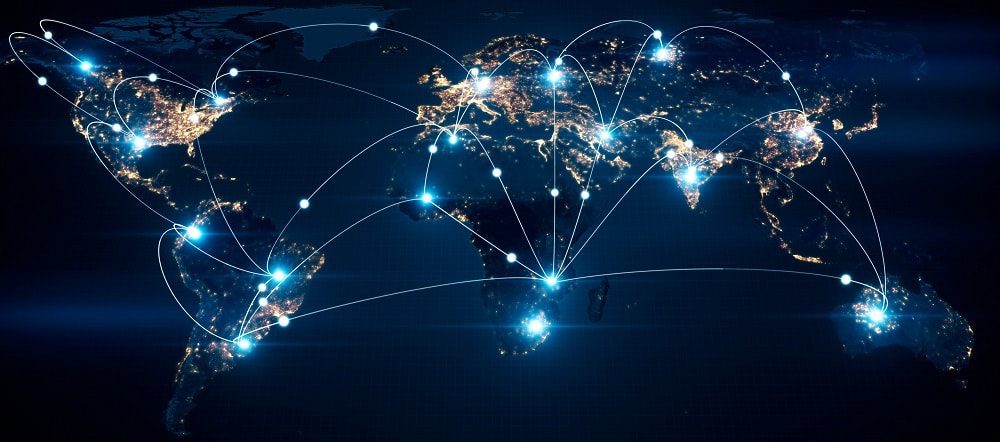VIEWPOINT

SIX WAYS EXPERTS SEE THE FUTURE OF INTERNATIONAL LAW
The rules that govern how countries interact with each other — what we call international law — are under pressure like never before.
Wars, climate change, human rights crises, and growing nationalism are testing whether the system created after World War II can survive.
Some say it’s falling apart. Others believe it can be repaired. And many are asking: What role should international courts play in all this?
To make sense of these debates, here are six key viewpoints shaping conversations about the future of international law:
1. Keep International Law Strong — No Exceptions
Supporters of this view argue that once we start “picking and choosing” which laws to follow, the entire system falls apart. For them, respecting international courts is essential to avoiding a world where disputes are solved only by power or violence. Still, they accept that some issues may be better handled through diplomacy rather than courts.
2. Respect International Law… Until National Interests Come First
Others believe international law matters, but not more than a country’s own interests. For example, they argue governments can refuse to follow certain court rulings if those rulings conflict with domestic law or national security. In short, courts are important, but not always binding.
3. Reform from Within the Current System
This group doesn’t want to throw away the current legal order — but they do want to modernize it. They push for innovation within the rules, using creativity and exceptions to address today’s challenges like climate change. Courts, they argue, can be platforms for testing new legal approaches, even if enforcement remains a problem.
4. Focus Only on Core Rules Everyone Agrees On
From this perspective, trying to enforce all international law is unrealistic. Instead, the system should focus on a handful of “non-negotiable” rules — like preventing aggression, cooperating on climate change, and keeping global trade stable. This would lower expectations of international courts, limiting them to only the most critical disputes.
5. Restructure the Global Order Altogether
Some experts believe the current system, dominated by Western powers, no longer reflects today’s world. They call for new coalitions, like BRICS, or specialized groups (e.g., countries most affected by climate change) to lead in specific areas. Under this model, regional courts and special tribunals may take center stage over big global institutions.
6. Tear It Down and Start Fresh
The most radical camp argues that the international legal system is broken beyond repair. They see it as biased, political, and tilted toward powerful countries. Their vision: dismantle existing institutions like the UN Security Council or even the International Criminal Court, and rebuild a new order centered on justice and the voices of the Global South.
So, Where Do We Go From Here?
Everyone agrees that the international legal system is under strain. But opinions differ sharply:
Should we defend it at all costs?
Fix it with reforms?
Scale it back to core rules?
Or completely reinvent it?
The answer will shape how international courts — from The Hague to regional human rights courts — function in the years to come.
For now, one thing is certain: the future of international law is being written not just in treaties and courtrooms, but also in how states, communities, and people around the world choose to act.
"This represents a significant development in our ongoing coverage of current events."— Editorial Board









